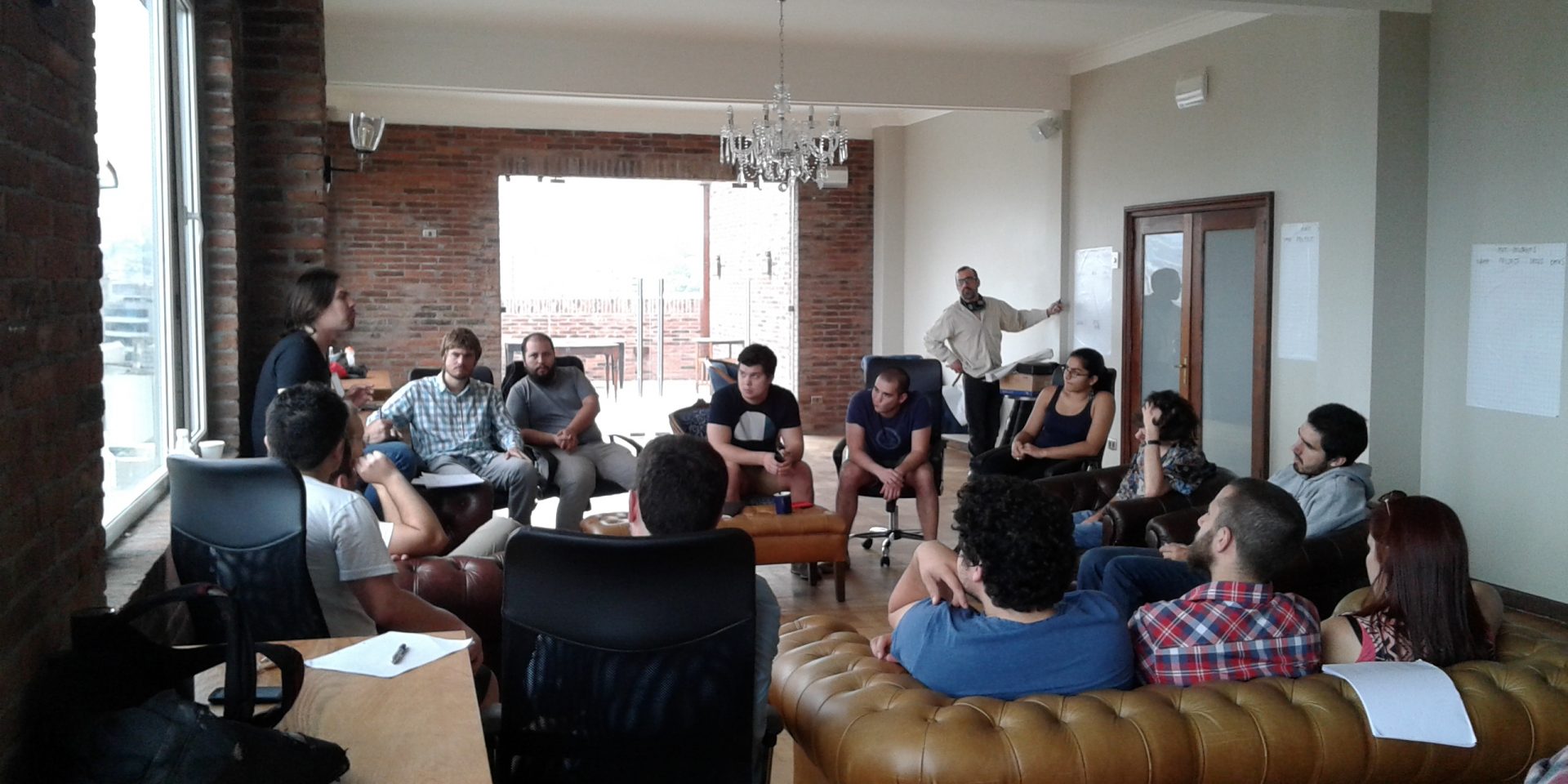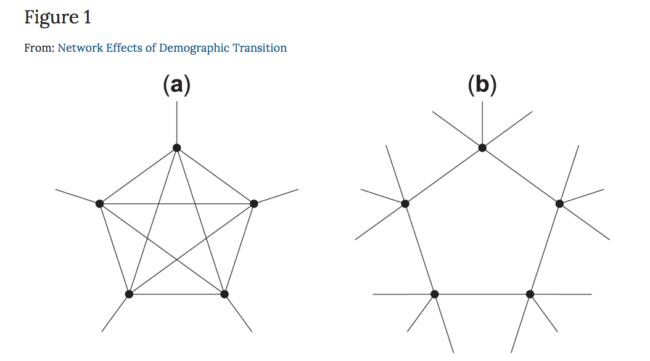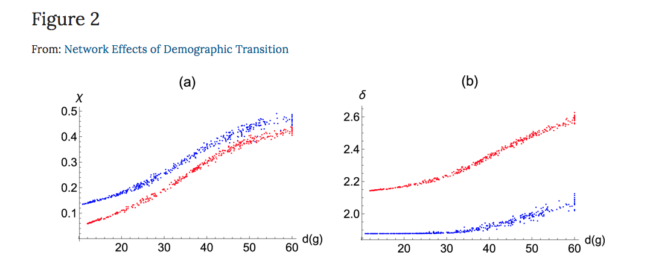
Why falling fertility, urbanisation, and migration leads to a major shift in the way our societies work. Consequence: the traditional way of norms being enforced by close-knit communities gives way to law.

The prestigious journal Nature has recently launched the article entitled Network Effects of Demographic Transition, whose author is the CICS research and DCCS Professor, Tamas David-Barrett. In his paper, he analyzes why demographic processes, such as, falling fertility, urbanisation, migration led to a major shift in the way our societies work. Due to these demographic changes, our social connections are less likely to be connected to each other and thus the communities we live in become less interconnected. The consequence is a shift in the way behavioural rules are enforced in our societies. The traditional way of norms being enforced by close-knit communities gives way to law.
In this line, the researches points out that traditional human societies use two of biology’s solutions to reduce free-riding: by collaborating with relatives, they rely on the mechanism of kin-selection, and by forming highly clustered social kin-networks, they can efficiently use reputation dynamics. Both of these solutions assume the presence of relatives. This paper shows how social networks change during demographic transition. With falling fertility, there are fewer children that could be relatives to one another. As the missing kin are replaced by non-kin friends, local clustering in the social network drops. This effect is compounded by increasing population size, characteristic of demographic transition. The paper also shows that the speed at which reputation spreads in the network slows down due to both falling fertility and increasing group size. Thus, demographic transition weakens both mechanisms for eliminating free-riders: there are fewer relatives around, and reputation spreads slower. This new link between falling fertility and the altered structure of the social network offers novel interpretations of the origins of legal institutions, the Small World phenomenon, the social impact of urbanisation, and the birds-of-a-feather friendship choice heuristic.

The article
Network Effects of Demographic Transition
Tamas David-Barrett
Nature, Scientific Reports, volume 9, Article number: 2361 (2019)
Read the paper here